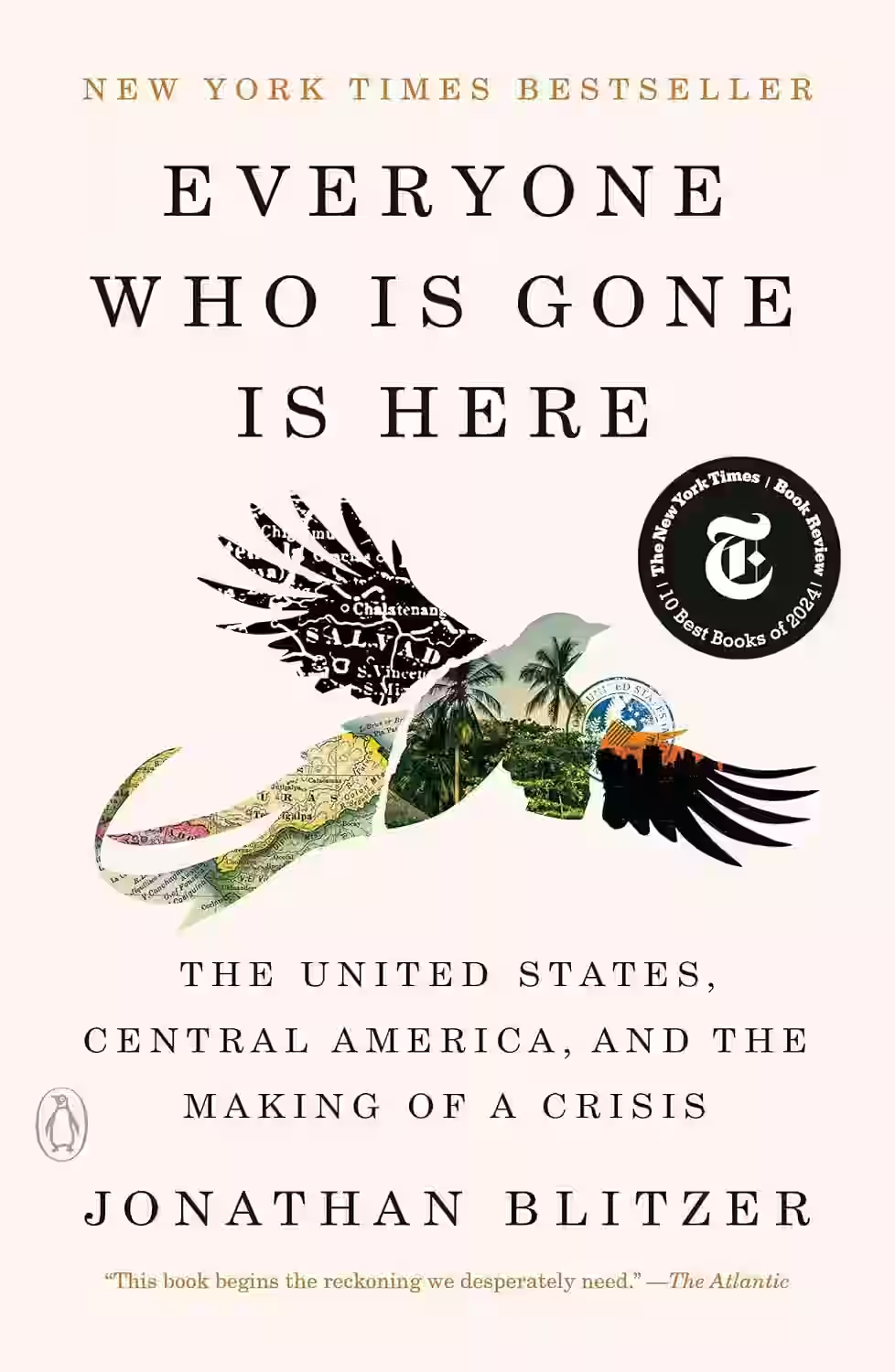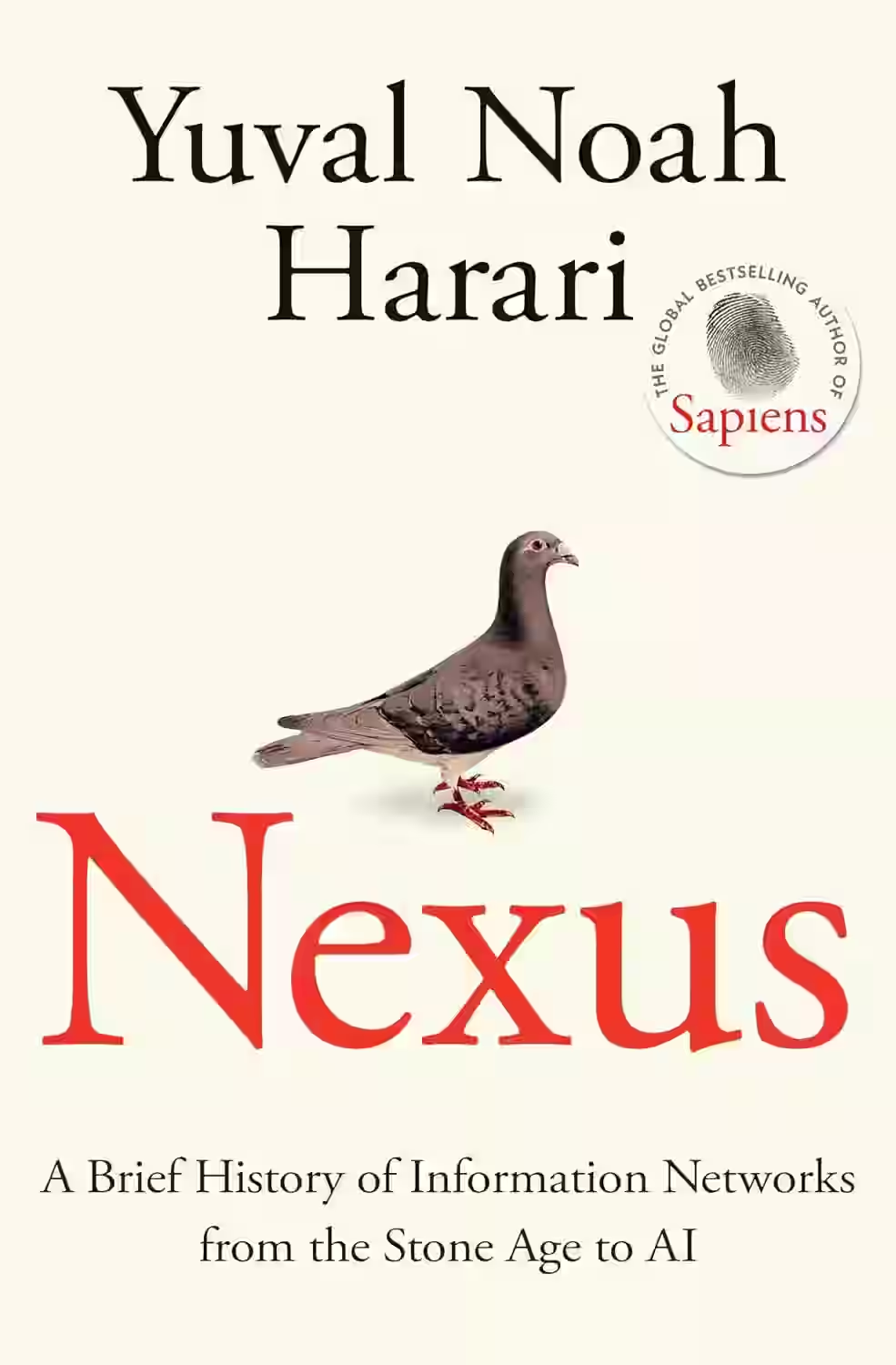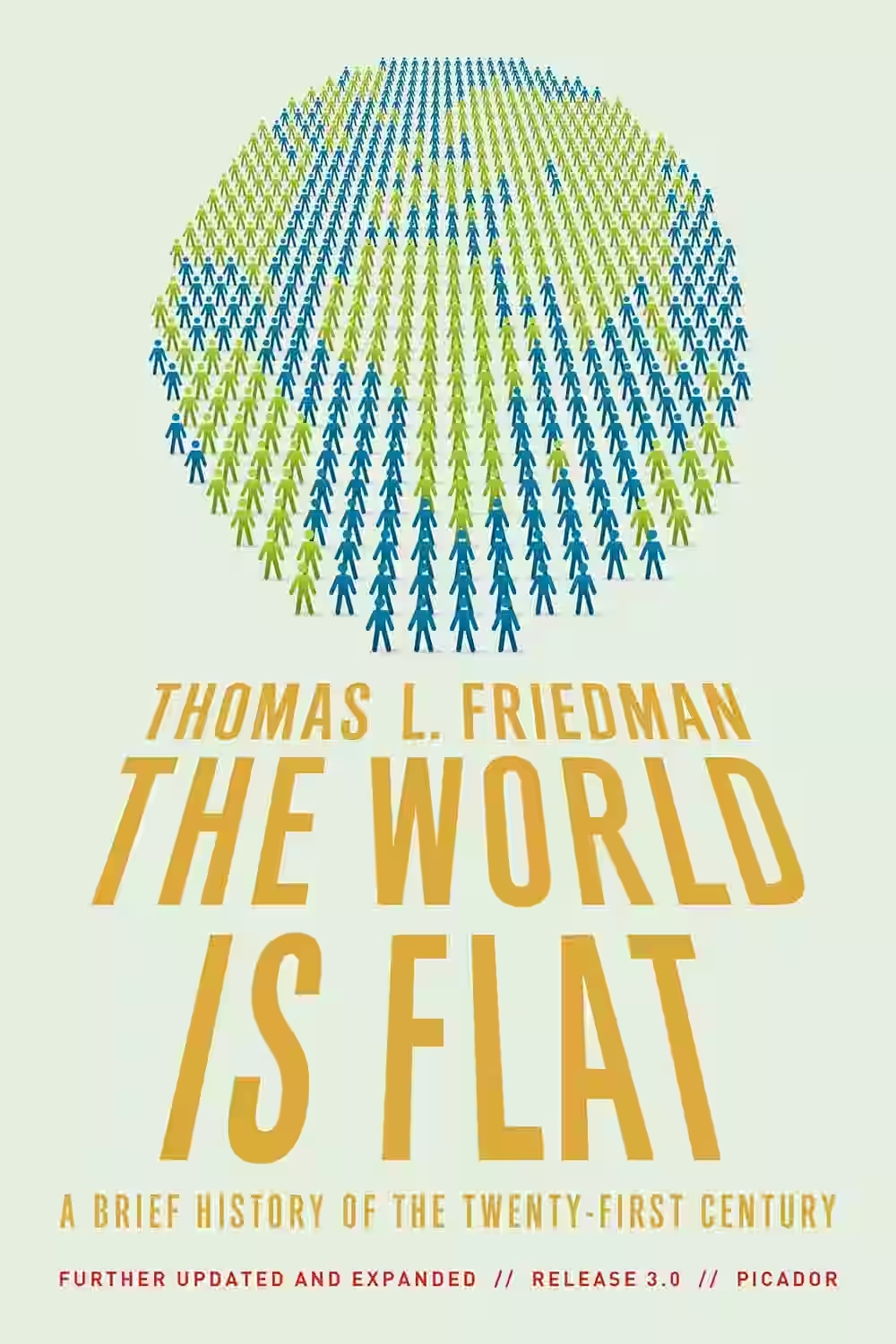
In Everyone Who Is Gone Is Here, Jonathan Blitzer examines Central American migration to the United States, focusing on El Salvador, Honduras, and Guatemala from the 1970s to the present day. The book weaves together individual narratives and historical analysis to illuminate the complexities of migration, U.S. foreign policy, and the resulting humanitarian crises. Blitzer's work provides a comprehensive look at the factors driving migration and the personal stories behind the headlines, offering a nuanced understanding of a pressing global issue.
About Jonathan Blitzer
Jonathan Blitzer is an American journalist and staff writer at The New Yorker, specializing in immigration and foreign policy. His reporting has earned him accolades, including the National Award for Education Reporting and the Edward R. Murrow Award. In 2024, he published Everyone Who Is Gone Is Here, a comprehensive examination of Central American migration and U.S. immigration policy. Blitzer's work is recognized for its depth, empathy, and insightful analysis of complex issues.
Similar Books

Nexus
In a future where mind-enhancing nanotechnology connects brains like apps, a young scientist develops Nexus 5, a powerful upgrade that could revolutionize human evolution—or destroy it. Caught between shadowy government forces and post-human extremists, he must navigate a dangerous world of espionage, ethics, and power struggles. Fast-paced and thought-provoking, Nexus explores the limits of human potential and the morality of scientific progress in a near-future thriller that blends cyberpunk and biotech with philosophical depth.

The Better Angels of Our Nature
In The Better Angels of Our Nature, cognitive scientist Steven Pinker argues that, contrary to popular belief, violence has declined significantly over human history. Drawing on data from psychology, history, and political science, Pinker examines how societal changes—such as the spread of literacy, trade, and centralized governance—have contributed to a more peaceful world. He identifies forces like empathy, reason, and moral progress as "better angels" guiding human behavior. Though controversial, the book provides a compelling, data-driven narrative that challenges pessimistic views of human nature and makes a bold case for the progress of civilization over the centuries.

The World Is Flat
In 'The World Is Flat,' Thomas L. Friedman explores the concept of globalization and its impact on our interconnected world. He delves into how technological advancements, particularly the rise of the internet, have leveled the playing field for individuals and businesses worldwide, creating both opportunities and challenges. Friedman argues that in this 'flat' world, countries and individuals must adapt to stay competitive. Through engaging anecdotes and analysis, the author paints a vivid picture of a world where traditional boundaries are becoming increasingly blurred. This thought-provoking book challenges readers to rethink their place in a globalized society.

Enlightenment Now
In Enlightenment Now, Steven Pinker defends the values of reason, science, humanism, and progress as the driving forces behind global improvements in health, wealth, safety, and freedom. Using data and visualizations, he argues that despite the doom-and-gloom narratives of modern media, the world is improving across nearly every measurable domain. Pinker traces these advances to Enlightenment principles, advocating for their continued relevance in addressing today’s challenges. Though some critics view his optimism as overly confident, the book offers a powerful counterpoint to cynicism and a celebration of humanity’s capacity to solve problems through knowledge and cooperation.